Category: whole genome sequence
Whole Genome Sequencing (WGS) versus the gonococcus: How CDC scientists are using WGS to beat antibiotic resistant gonorrhea
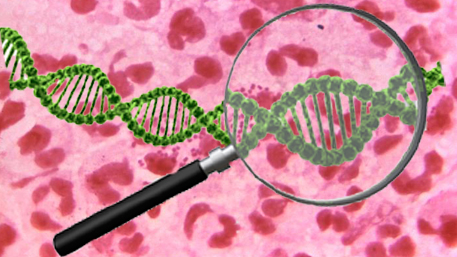
Since 1995, when the first high-quality bacterial genome was completed using Sanger sequencing, the number of publicly available bacterial whole genome sequences (WGS) has grown exponentially, due to advances in next-generation (and now third generation) sequencing technology. The first bacteria sequenced using next-generation technologies included very few that cause sexually transmitted infections (STI) like Chlamydia trachomatis, Read More >
Posted on byLeap of Faith or Smart Investment? Early Integration of Whole Genome Sequencing in Healthcare Systems

Discovery science in genomic medicine has generally enjoyed longstanding large collaborations for data sharing and joint analyses. Synergies among collaborators has accelerated major advances in our understanding of the genetic basis of health and diseases. More recently, some of the same scientists have come together to aggregate data for more applied clinical research with NIH Read More >
Posted on byGenome Sequencing for Healthy Individuals? Think Big and Act Small!
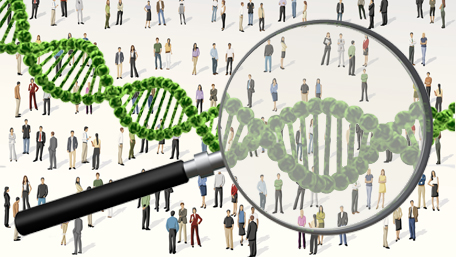
In a 2013 blog post, we asked the question: “When should we all have our genomes sequenced?” At that time, we concluded that the time is not right and that “if we want to use whole genome sequencing in the course of regular preventive care and health promotion, research should be conducted to evaluate its Read More >
Posted on byThe Ultimate Selfie
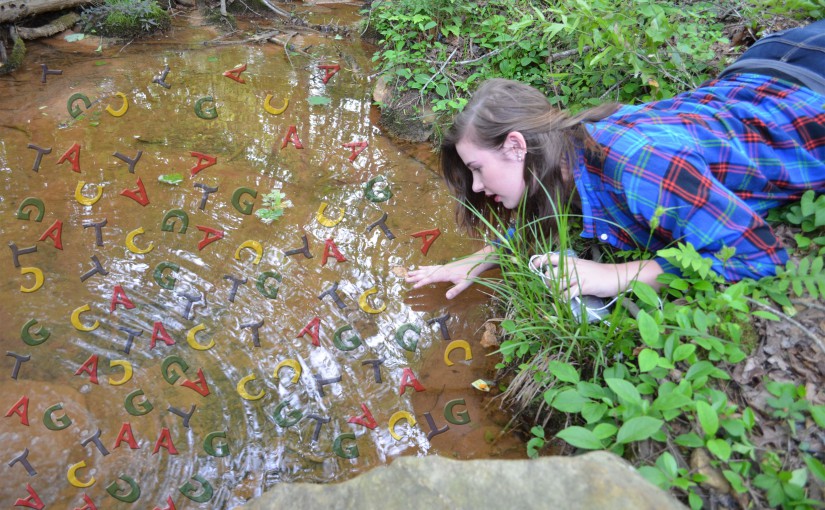
Now within reach, our personal genomic sequence offers an incredible reflection of who we are, and great promise to improve human health, but there are serious concerns about embracing it too quickly. Empowered Consumers in the Era of Me If social media is any indication, we, like Narcissus of ancient myth, are surely self-obsessed creatures. Read More >
Posted on by 3 CommentsGenome Sequencing in the Clinic – The question is not whether the glass is half-full or half-empty but whether or not the glass is the right tool.

Earlier this fall, the Blue Cross Blue Shield Technology Evaluation Center produced a report evaluating the clinical use of exome sequencing in the diagnosis of rare diseases. That this report was even generated is remarkable, as it marks an appreciable level of penetration by exome sequencing into clinical care. A decade ago, sequencing and interpreting even Read More >
Posted on byWhen Should We All Have Our Genomes Sequenced?

Recently, George Church, a prominent genomics researcher and leader of the Personal Genome Project asked why so few people are opting to inspect their genome. The cost and accuracy of genome sequencing have certainly improved dramatically. He clearly sees the health benefits of whole genome sequencing. He states “we should avoid being judgmental of people Read More >
Posted on by 2 CommentsNow Watch This: Genomic Epidemiology
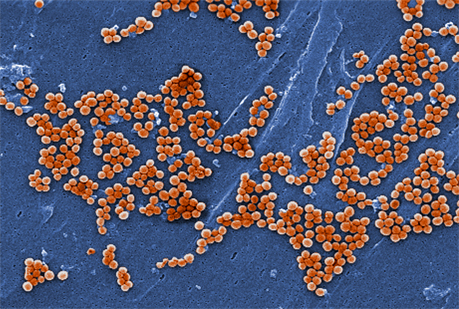
Late last year, Science magazine published a list of six Areas to Watch in 2012. Number 6 on the list, NASA’s Curiosity rover, recently touched down on Mars. The Higgs boson (#1) has been found, faster-than-light neutrinos (#2) have been debunked, and further developments on stem-cell metabolism (#3) and treatments for intellectual disability (#5) are Read More >
Posted on byNo Genome is an Island
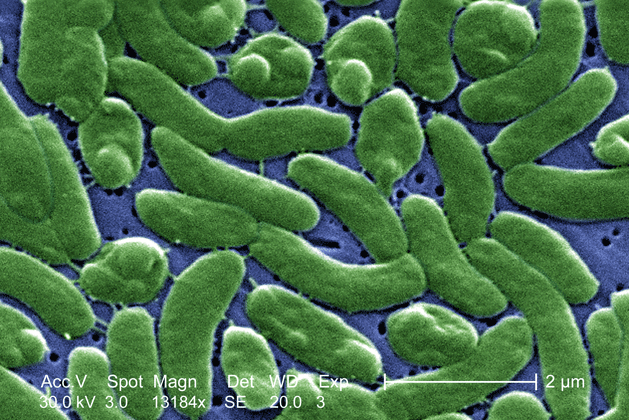
There was no cholera in Haiti until October 2010, when epidemic cholera swept the country. Within 6 months, more than 250,000 people were sickened and 4,000 died. A catastrophic earthquake earlier that year had exacerbated human and environmental risks by displacing millions of people and disrupting public health infrastructure. But there would have been no Read More >
Posted on by 1 CommentCan We have Our Genome and Eat It Too? Deploying the Whole Genome Sequence In Medicine and Public Health, One Base Pair At A Time.
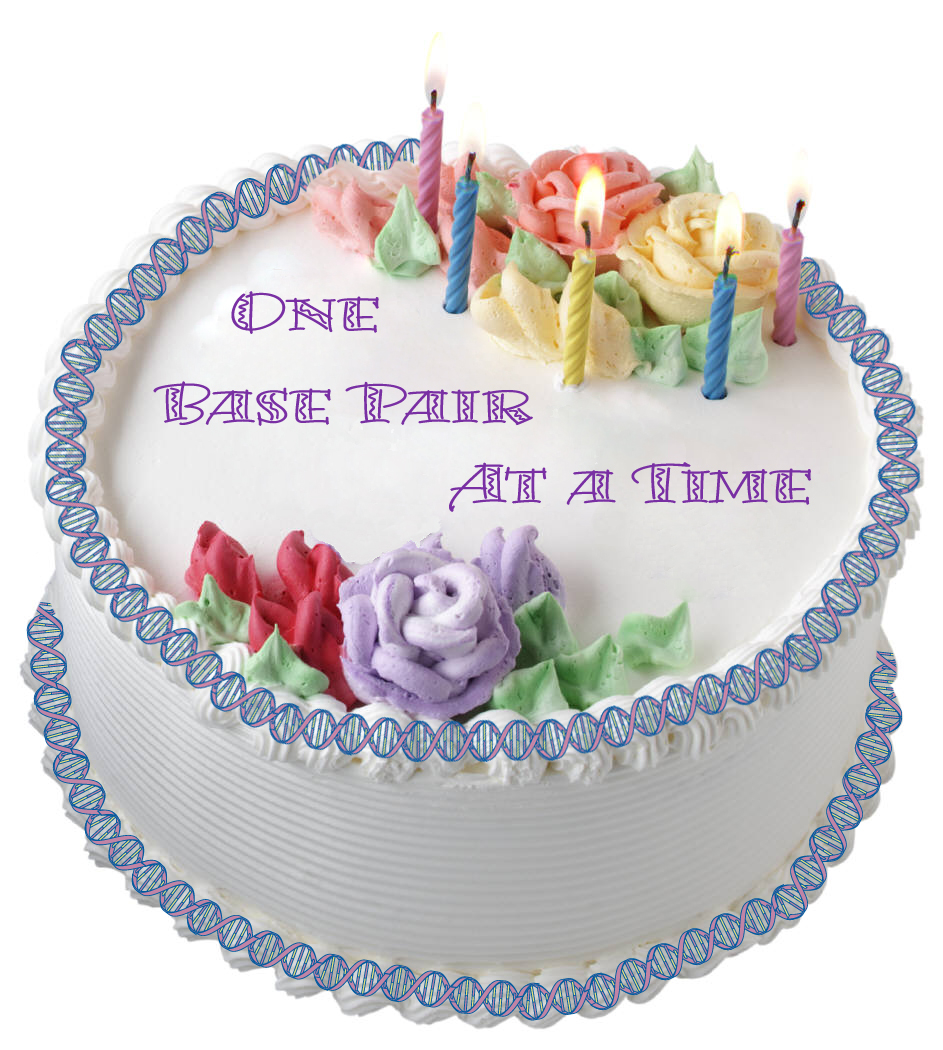
This post was originally published November 3, 2011 but is still very much applicable in 2013! The popular proverbial saying “you cannot have your cake and eat it too” implies that one cannot consume something and preserve it at the same time–in other words, we cannot have it both ways. Well, for once, maybe we Read More >
Posted on by 4 Comments

